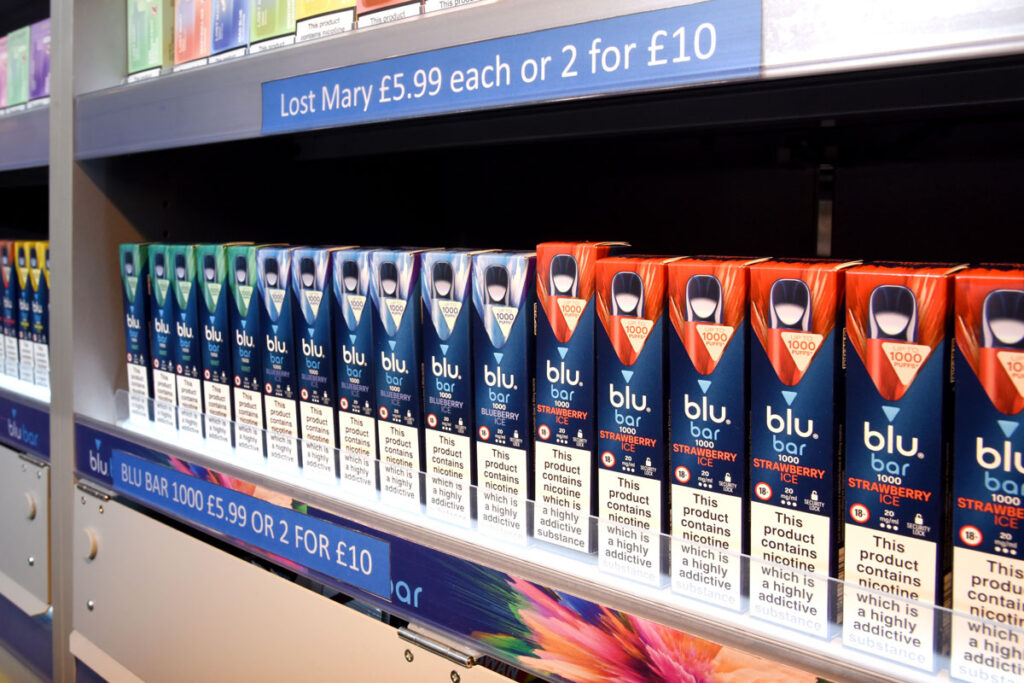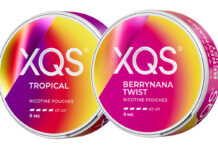Consumers are switching over to refillables before ban

YOUNGER consumers are already making the switch over to more refillable vape options, according to the University College London (UCL).
The global research school has found that, after January 2024, the proportion of 16 to 24 year old shoppers mainly using disposable vapes has almost halved, falling from 63% down to 35%.
The team also found that the proportion of people vaping increased nearly by a quarter each year between January 2022 to January 2024, but stayed constant between 2024 and 2025, including for younger people.
In January 2024, nearly half (43.6%) of all vapers aged 16 and over mainly used disposables. This number has also fallen dramatically in the space of a year to less than a third – 29.4%. The fall was also noticeably steeper among 16 to 24 year olds, says UCL.
The study was published in the journal Addiction, and was funded by Cancer Research UK, and looked at survey data on vaping habits across England, Wales and Scotland before and after the UK Government announced its plans to restrict vaping devices.
Lead author of the report, Dr Sarah Jackson – UCL Institute of Epidemiology & Health Care – has said that further action is likely required to reduce high vaping rates, though warned that government ministers would do well to avoid stricter policies.
She said: “Some of the options being considered may be more likely to have the unintended consequences of deterring smokers from using vapes to quit smoking.
“Our results also suggest that the Government’s ban on disposables, coming into force in June, may have limited impact in vaping rates in general, given that vapers are already moving away from disposable vapes.
“It seems likely that people using these products will move to re-useable versions rather than stop vaping completely.
“The research cannot tell us why vaping rates have levelled off, but we have in the past seen changes in smoking habits before a policy change, with people adapting their behaviour in anticipation of a new policy.”
The UK Government’s ban on disposable vapes will come into effect from 1 June and will outright ban the sale of single-use vape devices from sale. Any trader found to still be selling these items from this date could face hefty fines, or even prison time.
Beyond this though, Westminster is currently pushing through the new Tobacco and Vapes Bill which includes powers to potentially restrict packaging, marketing and flavours across vapes.
Whilst senior author of the report Professor Jamie Brown – UCL Institute of Epidemiology & Health Care – has said these measures could be beneficial in reducing vaping rates, Brown also warned that a balanced approach must come to prevent shoppers from turning to smoking traditional tobacco options.
He said: “While it is understandable that policymakers want to take action to reduce vaping among children and never smokers, smoking remains the number one public health priority.
“These findings should reassure policymakers that they can prioritise measures, such as restrictions on marketing, packaging and display, which are least likely to undermine how helpful vapes are for people trying to quit smoking.
“It is important that these measures are introduced alongside other messaging and policies that continue to encourage and support smokers to quit smoking, such as mass media campaigns and the swap to stop scheme.”




















